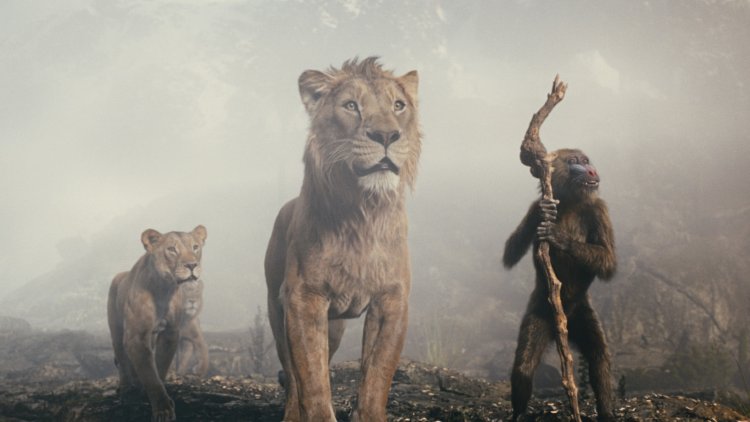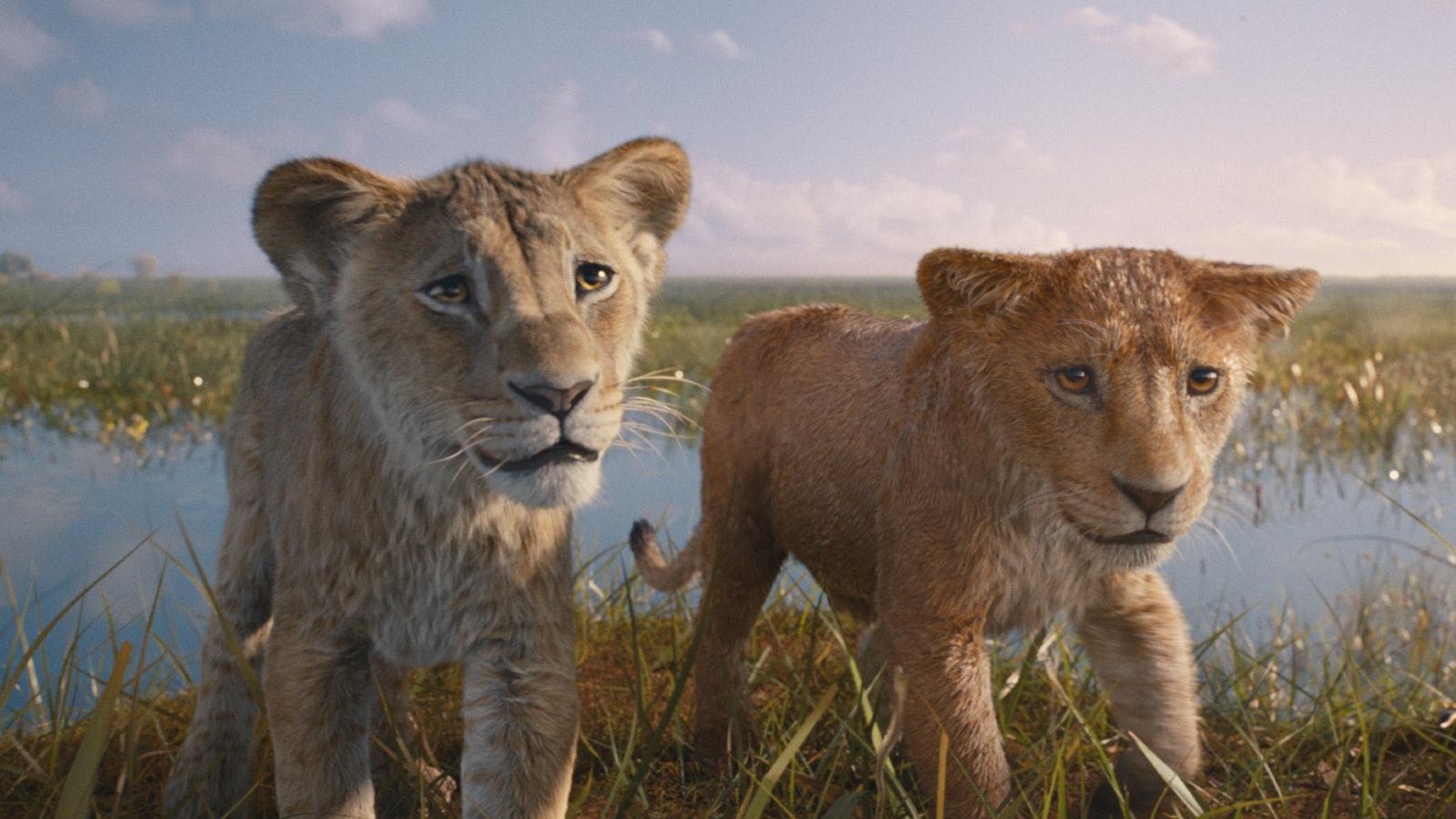Mufasa: The Lion King
With this prequel to 2019’s photoreal-ish re-do of 1994 Disney alpha-hit The...

With this prequel to 2019’s photoreal-ish re-do of 1994 Disney alpha-hit The Lion King, director Barry Jenkins (of Moonlight Oscar-win fame) has joined the ranks of cool indie auteurs going for a surprising splash in the studio guard-railed mainstream. But Jenkins seems a stranger fit for this kind of movie than most. A director who excels at portraying raw, emotional humanity and finding beauty in real, location-based settings doing an entirely computer-manufactured film about singing animals? It’s unsurprising to learn he came close to turning Mufasa down without even reading the script.

Of course, in the end, he did read it, and you can see why it clicked: the theme of found family that powered Moonlight is present here, too, as lion cub Mufasa (Aaron Pierre) is separated from his parents during a raging flash-flood, and is reluctantly taken in by another pride, finding an adoptive brother in its prince, Taka (Kelvin Harrison Jr). Unlike Taka, Mufasa must earn his place through adversity — and feminine perceptiveness, too, it transpires — rather than inheriting it.
It’s a shame Jenkins wasn’t able to personalise it more
Beyond that kernel of Jenkins-ness, however, there is little to really get your teeth into. After an assault on Taka’s pride by white-furred outsiders (whose overlord is yet another Mads Mikkelsen villain), the story trots along from points A to B, tossing in some romantic tension (both brothers fancy plucky lioness Sarabi, voiced by Tiffany Boone) and a few pleasant enough Lin-Manuel Miranda songs, which might have been buoyed by choreography more inventive than having the animals go around in circles a bit. It’s all framed by a story-time-for-Simba’s-cub device, which allows for guest appearances from the 2019 film — most intrusively meerkat Timon (Billy Eichner) and warthog Pumbaa (Seth Rogen), whose hyperactive meta riffing feels a little too desperate to wring laughs from an otherwise mostly sober affair.
And a bloodless one, too. Despite all the photoreal fangs and claws, there’s only one notable scratch amid the numerous big-cat conflicts, while all the animals somehow remain immaculate, without a single patch of matted fur between them. This, as much as the continued uncanniness of seeing ‘real’ beasts sing and talk, jars with the ultra-realist aesthetic and once again makes you yearn for a bolder, more artful approach. Plus, frankly, we could have lived without all the snout-focused, 3D-calibrated framing; hasn’t cinema got over this by now? Still, if the intention was to distract younger audience members with some inoffensive and well-meaning adventure, the movie delivers. It’s a shame Jenkins wasn’t able to personalise it more, but, as they say, that’s just the nature of the beast.
What's Your Reaction?























